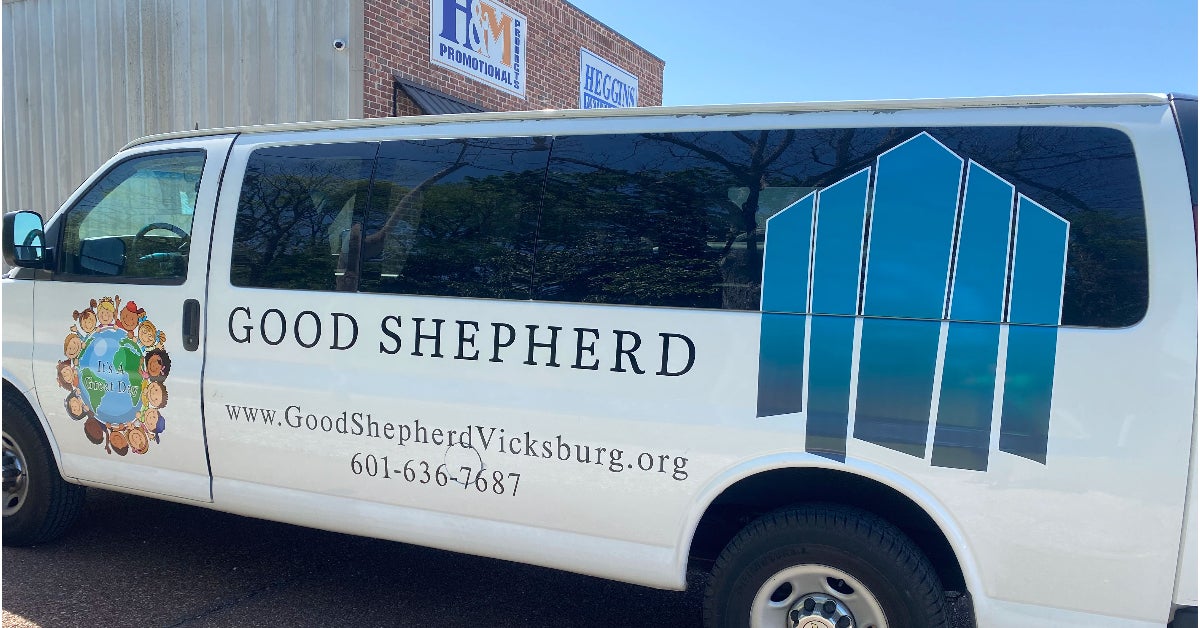City finds few takers in flood buyout
Published 12:00 am Monday, September 18, 2000
In the past decade, floods have driven Katie Mae Robinson from her home six times.
The water, backing into the area when the Mississippi River overflows, has come and gone, but like most people in Ford subdivision, Robinson plans on staying put, despite thousands of dollars spent on government programs to move people out of the area.
She’s watched the water creep slowly up her front steps and into her living room. She’s used a boat to salvage her belongings, and she’s replaced refrigerators and stoves when she wasn’t fast enough.
And every time, when the water receded, she has picked up her belongings and moved back in. She’s lived in her white house on Williams Street for 41 years, she said, and she’s not about to give it up now. The way she sees it, she has no choice.
“Maybe some of the younger ones have a choice; they can work and buy another place,” Robinson said. “This is all I have.”
Ford subdivision, along with Chickasaw and Hamilton Heights, are among the worst repetitive flood areas in Vicksburg. And Vicksburg, according to state figures, is the second worst area for repetitive flood damage in the state, led only by Jackson with its much larger population.
The figures are based on how much the National Flood Insurance Program pays out for repairs in the area.
After the most recent flood, in 1997, a federal buyout program stepped in to end the cycle of fleeing and fixing by buying flood-prone houses from residents, demolishing the houses and preventing development on the property.
The idea is to reduce flood insurance claims and lower premiums and, at the same time, improve the quality of life for people who have been flooded out repeatedly over the years.
But that program has hit a major snag in Vicksburg nobody wants to sell.
Since the 1997 flood, in three rounds of flood buyouts, 10 people who live in the flood plain have sold their lots to the city. Fifteen, including Robinson, turned the offer down.
At a meeting last week for potential participants in the program, six people attended. The deadline to apply was Wednesday.
“The biggest problem is we don’t have relocation money,” said Beatrice Moore, who coordinates the flood buyout program for the city. “We only have acquisition money.”
That means people whose property has a low appraised value may not get enough money from the program to find a place to live anywhere else, Moore said.
“A lot of these people are on a fixed income, a very low income in many cases,” she said. “They don’t see themselves being able to start all over again.”
Claude Blue also lives on Williams Street. He has relatives on nearby Ford Road and Brown Alley. He said the amount of money the city is offering for his property wouldn’t come close to buying him a new place. Besides, he grew up there.
“It’s a lot of trouble moving out and moving back in,” he said. “But I like where I am, and I’m not planning on moving out.”
The result of many people’s reluctance or inability to move out of the flood plain is that much of the federal money for the program goes to buying property that is already vacant.
Because of a city ordinance that refuses building permits to anyone whose home is damaged more than 50 percent by flood, quite a few homes were simply abandoned after the flood of 1997.
It’s those homes that are mainly being purchased in the buyout, including the most recent round of buyouts, for which applications were mailed to the state Friday, Moore said.
About 11 applications were in that packet, four from abandoned houses in Hamilton Heights, six from abandoned houses in Ford and Chickasaw and one from a home on Brown Alley. Vicksburg officials are hoping for up to $225,000 in grant funds to buy the properties, to be matched with $75,000 of local money.
“What we want to do is clear people out of those flood plains,” said Bob Boteler, hazard mitigation officer for the Mississippi Emergency Management Agency. “It’s not a healthy place for folks to live.”
But he defends the use of tax dollars to buy abandoned properties, saying the properties were not abandoned before the last flood, and a backlog in the program has caused delays.
“It’s also in our interest to buy all the properties and not checkerboard these communities,” Boteler said.
He added that while Vicksburg has been vigilant in recent years about enforcing bans on rebuilding seriously flood-damaged homes in high risk areas, it’s better to get the property out of private hands.
“Elected officials change, and somebody in the future may decide to start granting variances for these properties,” Boteler said.
In the meantime, it’s just a waiting game, as eventually many of the homes in the flood plain will be damaged past the 50 percent threshold.
Robinson isn’t looking forward to the next flood. She said it’s nearly impossible to find a place to rent for up to three months while waiting for the water to recede.
Those places that will rent jack up their prices during flood season, she said.
But when not if it happens, she’ll know what to do. She has been there before.
“A lot of my stuff is still in boxes from three years ago,” Robinson said. “I’ll do what I’ve been doing every year move out and move back in.”





